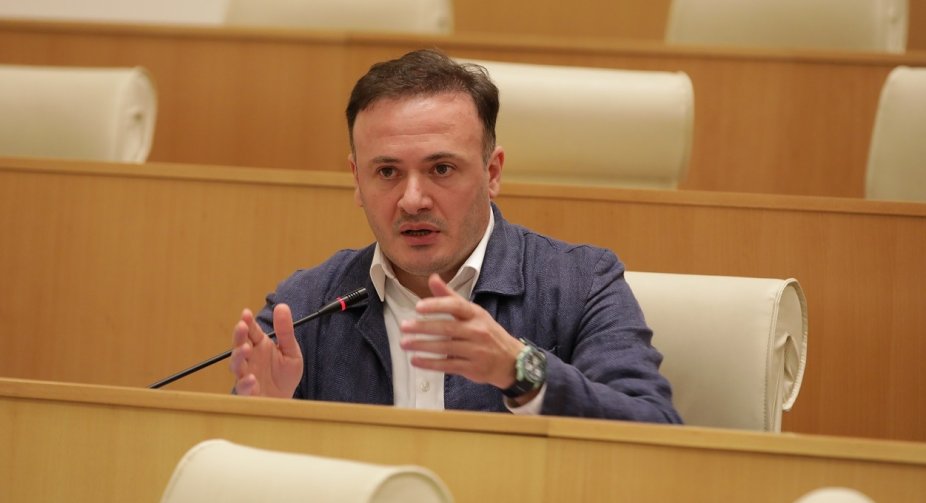Irakli Zarkua, a member of the ruling Georgian Dream party, on Wednesday suggested that the Georgian Dream party might reconsider the implementation of the foreign transparency bill if the United States were to reject its Foreign Agents Registration Act (FARA), emphasizing parallels between the two legislations.
Addressing the controversial bill, which proposes the registration of non-commercial legal entities and media outlets as "aligned with interests of a foreign power" if they receive over 20 percent of their funding from abroad, Zarkua claimed that increased transparency would reduce the influence of individuals like Nino Lomjaria and Eka Gigauri, former public defender and current head of Transparency International Georgia, respectively, as well as foreign interference.
Zarkua asserted that with enhanced transparency, individuals committed to Georgia's welfare would step forward, while those engaging in illicit activities would lose foreign financial support. He stressed the importance of safeguarding Georgian traditions, customs, and sovereignty from “undermining forces”.
Moreover, Zarkua indicated that the Georgian Dream party would reconsider adopting the "Law on Transparency of Foreign Influence" if other nations, including the US, repealed FARA, and if countries such as France, Israel, and Great Britain did not enact similar legislation.
Highlighting European values, Zarkua contrasted them with clandestine actions associated with Russian influence, emphasizing the need for transparency. He underscored the rigor of both Russian and American laws, which he said included severe penalties for violations, unlike the current Georgian bill.
The resubmission of the bill in March, following its retraction last year due to public protests, has reignited large rallies in Tbilisi opposing the perceived influence of Russian law. Critics argue that the bill lacks mechanisms used in the US and European states, such as specifying hostile countries and focusing solely on lobbying activities like in FARA.






